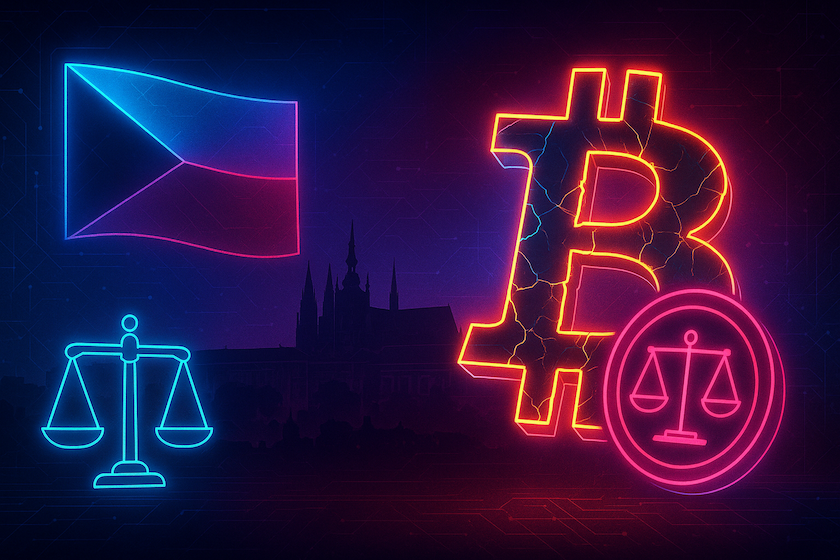Czech Government Survives Bitcoin Donation Scandal
📰 The Czech Republic’s ruling coalition narrowly escaped collapse after a $45 million Bitcoin donation scandal sparked outrage and a failed no-confidence vote.
 🇨🇿 A Storm Before the Election:
🇨🇿 A Storm Before the Election:
Just months ahead of the national elections, the Czech government faced a political crisis triggered by a Bitcoin donation scandal. The controversy centered around 468 bitcoins—worth approximately $45 million—donated by a convicted darknet operator and accepted by former Justice Minister Pavel Blazek.
💰 The $45 Million Crypto Surprise:
This Bitcoin donation scandal erupted after it was revealed that the Czech state accepted the donation from a man once jailed for running the illegal online drug marketplace, Sheep Marketplace. Blazek, who accepted the crypto on behalf of the government, later resigned amid growing criticism.
🏛️ Parliament in Turmoil:
Opposition party ANO seized the opportunity presented by the Bitcoin donation scandal, filing a no-confidence motion. They accused the ruling coalition of negligence and possibly facilitating money laundering by accepting the tainted funds without proper legal scrutiny.
📉 Fallout and Reactions:
The Bitcoin donation scandal drew sharp criticism from legal experts and opposition leaders alike. Many argued that prosecutors and law enforcement should have been consulted before taking in assets with questionable origins. Despite two days of heated debate, Prime Minister Petr Fiala’s coalition survived the vote thanks to its lower house majority.
⚖️ Minister’s Defense:
In defending his actions during the Bitcoin donation scandal, Blazek claimed the donation was handled lawfully and transparently. He explained that the 468 BTC represented roughly 30% of the total cryptocurrency found on the convicted individual’s devices, asserting the funds were rightfully seized.
🔍 Murky Motives, Clear Consequences:
The motives behind the Bitcoin donation scandal remain unclear, with the donor’s intentions still in question. The timing and handling of the donation, however, have deeply shaken public confidence in the current administration, casting a shadow over Fiala’s leadership.
🏦 National Bank’s Crypto Stance:
Interestingly, the Bitcoin donation scandal coincides with broader discussions in the Czech Republic about integrating bitcoin into national financial policy. Earlier this year, the Czech National Bank approved a study to consider bitcoin as a reserve asset, separating its view of bitcoin from the wider crypto market.
📊 Election Forecasts Shift:
Following the Bitcoin donation scandal, the political climate has shifted. Polymarket data shows a 92% perceived chance of opposition party ANO winning the October elections, while support for the ruling ODS party has dropped dramatically to just 6%.
🧾 Scandal vs. Strategy:
While the government insists the Bitcoin donation scandal was legally managed, critics argue it reflects deeper issues in handling digital assets. As the Czech Republic stands at a crossroads with both elections and crypto policy on the horizon, the fallout from this scandal could shape its political future.
🔚 Conclusion:
The Bitcoin donation scandal has not only tested the resilience of the Czech government but also highlighted the complex intersection of cryptocurrency and politics. With elections looming and public trust shaken, all eyes are now on how this controversy will influence the country’s future direction.





















